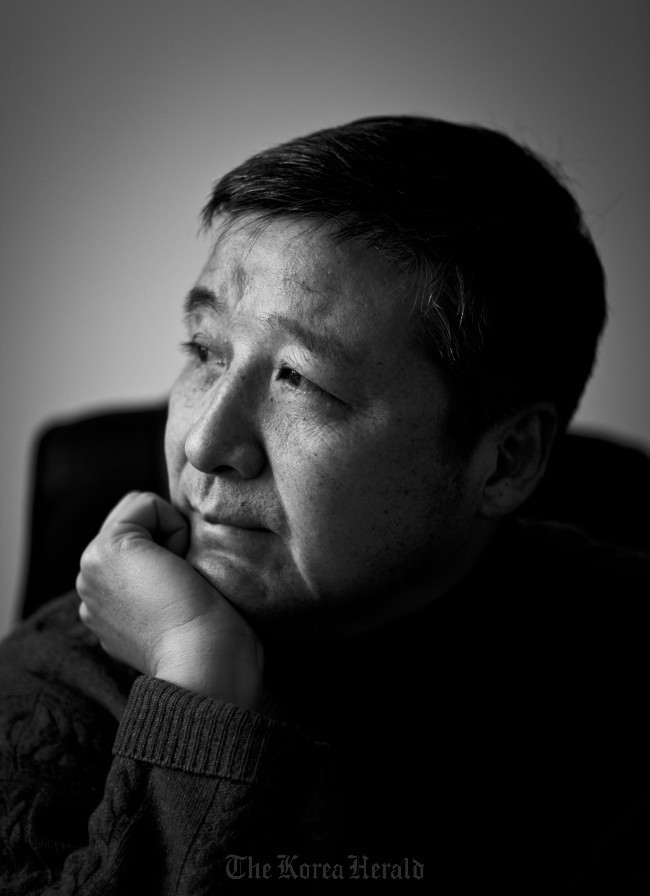Two biennales in Korea serve as a bridge for international art exchanges, building on common purpose and roles of contemporary art events and offering networking opportunities.
Gwangju Biennale, the largest contemporary art event in Asia, will hold the first World Biennale Forum, a gathering of representatives of more than 30 international biennales from Oct. 29-31 in Gwangju.
Busan Biennale, an event which is just now emerging on the global scale, held its second Asia Biennale Forum on Oct. 13, gathering directors and curators from Asian contemporary art events.
The World Biennale Forum in Gwangju will reflect on the current trends in the world’s biennales, explore the roles of art in a rapidly changing society and discuss possible cooperation and exchanges among different art events.
“Co-directed by Ute Meta Bauer and Hou Hanru, the World Biennale Forum No. 1 will provide an opportunity for critical reflection upon the fact that over 150 biennales for art and related disciplines are taking place all over the world,” said an official of the Gwangju Biennale.
The forum features two famous art curators: Ute Meta Bauer, a renowned curator in the contemporary art scene who was the former co-curator of Kassel Documenta 11, artistic director of the third Berlin Biennale in 2004 and the founding director of the Office for Contemporary Art Norway: and Hou Hanru, an art critic and curator who has organized many international exhibitions including the biennales in Gwangju, Johannesburg, Shanghai, Guangzhou and Venice.
 |
Belgian political theorist Chantel Mouffe. (Gwangju Biennale) |
 |
Wang Hui, professor of the department of Chinese language and literature at Tsinghua University. (Gwangju Biennale) |
The forum will present four keynote speeches by the world’s leading art figures including director of international projects at the Serpentine Gallery in London Han Urlich Obrist; professor at Tsinghua University Wang Hui, who was selected as one of the top 100 public intellectuals by Foreign Affairs magazine; communication professor of the University of Melbourne Nikos Papastergiadis; and Belgian political theorist Chantel Mouffe.
The speakers will lead discussions on the current challenges of art events such as the roles of biennale and triennale events and what direction art events are headed based on international socio-political trends.
During the forum, more than 30 directors and chief curators will gather at the Biennale Representatives Meeting for the first time in the 117-year history of biennale.
Representatives of biennales in Sao Paulo, Lyon, Liverpool, Istanbul, Berlin, Shanghai, Kobe, Taipei, Guangzhou and more will be attending the meeting on Oct. 29 at Kim Dae-jung Convention Center in Gwangju.
If Gwangju served as a venue for the gathering of art experts from around the world, Busan ― which aims to create the most experimental art exhibition through the participation of young artists ― attracted Asian biennale directors and curators, and opened discussions on possible exchanges among Asian contemporary art exhibitions including the Yokohama Triennale, the Shanghai Biennale and the Singapore Biennale.
“The Asia Biennale Forum will continue to serve as a network among Asian biennales to create a close network that can generate new ideas for contemporary art events. I hope the network will have impact on societies such as enhancing cultural content and promoting economic development by accelerating local tourism in the hosting cities,” said an official with the Busan Biennale.
By Lee Woo-young (
wylee@heraldcorp.com)









